D.J. Mitchell, assistant vice president for BNSF passenger operations, says that he and a BNSF vice president for mechanical operations would soon meet with Metra officials and seek to prevent a recurrence of the “hot cars” with failed air conditioning on Metra’s BNSF line.
“We’re going to sit down with the Metra folks and see why this happened,” Mitchell says. “We owe everyone, first and foremost our riders, to make sure we don’t have this happen next year.”
At one time this summer, there were 64 hot cars on the Metra line to Aurora. Currently, Mitchell says, there were two hot cars in service and two in the shop being repaired.
The BNSF line is the busiest of Metra’s 11 lines, with 94 trains carrying 64,000 riders a day between Union Station and Aurora. Fort Worth, Texas-based BNSF Railway operates the line under contract to Metra.
In addition, Mitchell says trains were now operating with the appropriate number of cars. One cause of recent overcrowding was that many cars were taken out of service for repairs. Mitchell thanked Metra officials for shifting some spare cars to the BNSF to alleviate the problem.
“That is a significant improvement over a month ago,” Mitchell says.
At Metra’s July board meeting, the BNSF line’s mechanical chief, Sherwin Hudson, apologized for the problems. His attempt to explain the causes — he cited a lack of repair shop time availability, a personnel shortage, and chronically clogged condensers on the AC units — failed to mollify Metra board members who represent BNSF line riders.
Within the next 45 days, Mitchell says, officials would come up with a plan to address the overcrowding on the BNSF line.
Mitchell says BNSF will also seek to improve the line’s on-time performance, which has hovered around 91 percent, well below most of Metra’s other lines and below Metra’s stated goal of 95 percent. Mitchell said BNSF’s goal ought to be 97 percent. Metra considers a train on-time if it stays within six minutes of its schedule.
Mitchell also pointed out that certain BNSF trains are often more late than others.
“We’re going to do a deep dive at specific trains,” he says.
Metra board member Steven Messerli said he was grateful for Mitchell’s appearance, but admitted it “would have been very helpful to have had you here 30 or 60 days ago when these problems started.”
“It’s good to have somebody from high up on the ladder (at BNSF) to address some of the issues we’ve been facing, says Messerli, who represents Kane County, Ill.
Messerli says this summer has been an embarrassment for BNSF but that the responsibility for the railway’s poor service “has come to land on us.”
“I’m glad we have an action plan. We don’t want to play the blame game,” Messerli says.
Another board member, Stephen Palmer echoed Messerli.
“You should have been here last month when we had your guys on the ropes,” he says. “But I’m happy to hear what you said and I’m looking forward to see the results of what you’ve talked about here.”
John Zediker, who represents DuPage County, Ill., says he’s heard criticism from his own daughter, who told him, “Dad, what is going on with the BNSF? You guys can’t run a train on time.”
Still, Zediker commended BNSF for “attacking the problem” and said the road to improvement was a “two-way street, and we have to do our part, too.”
“When (the BNSF) doesn’t run on time,” Zediker says, “I hear from most of the residents of Naperville.”





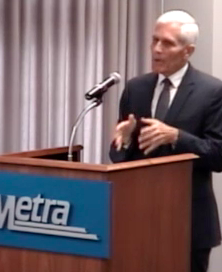
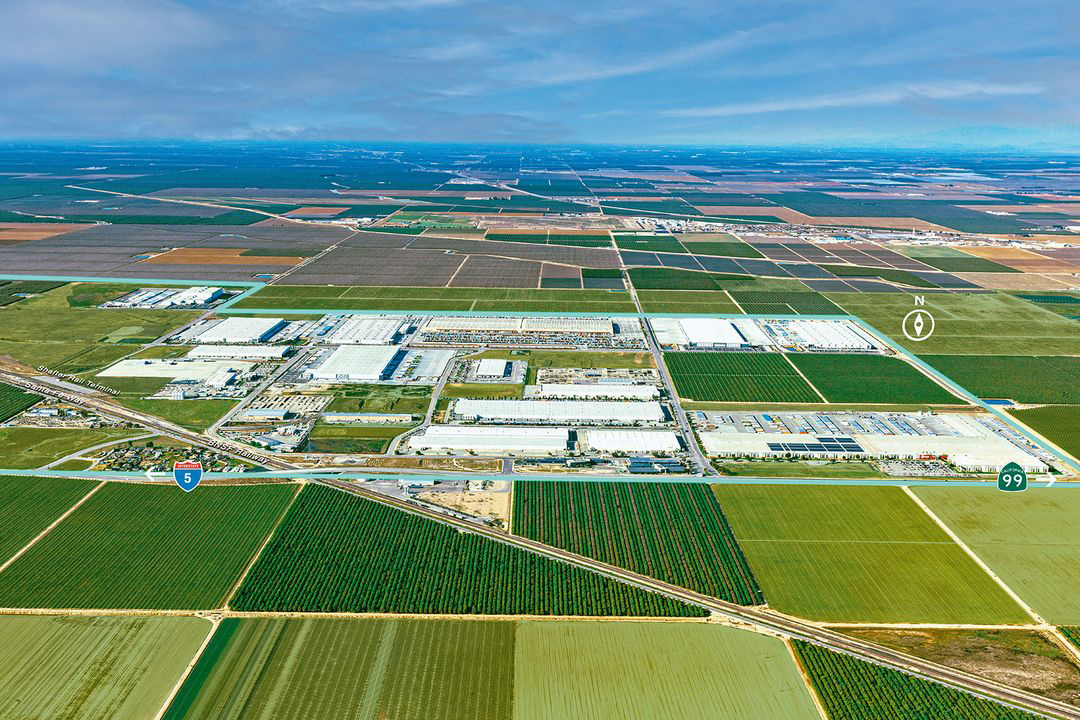
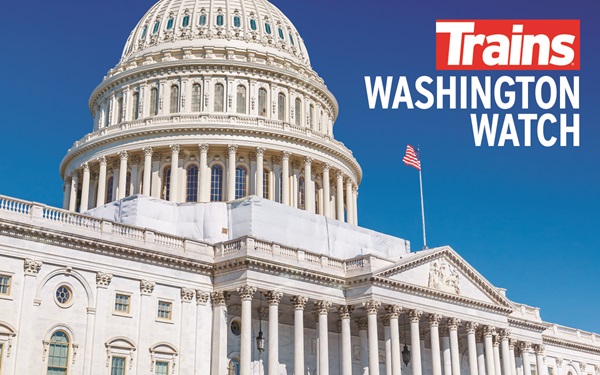
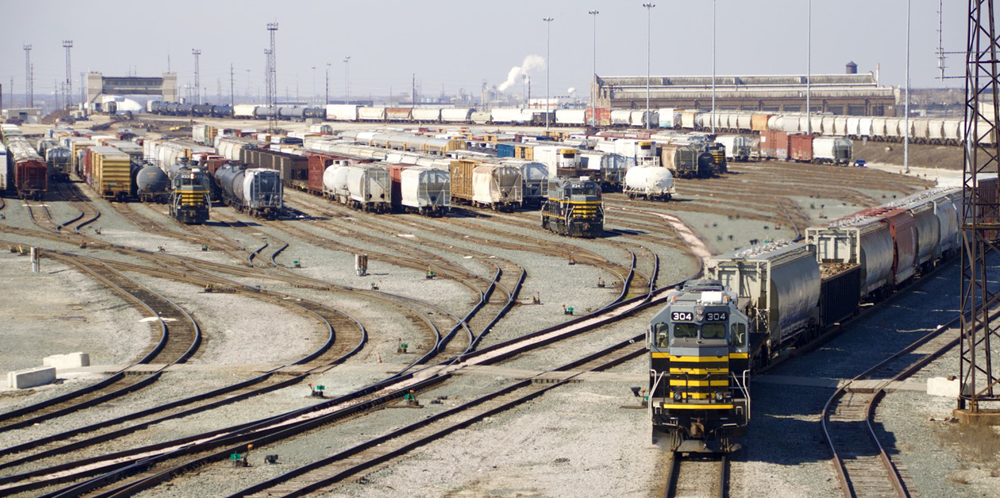
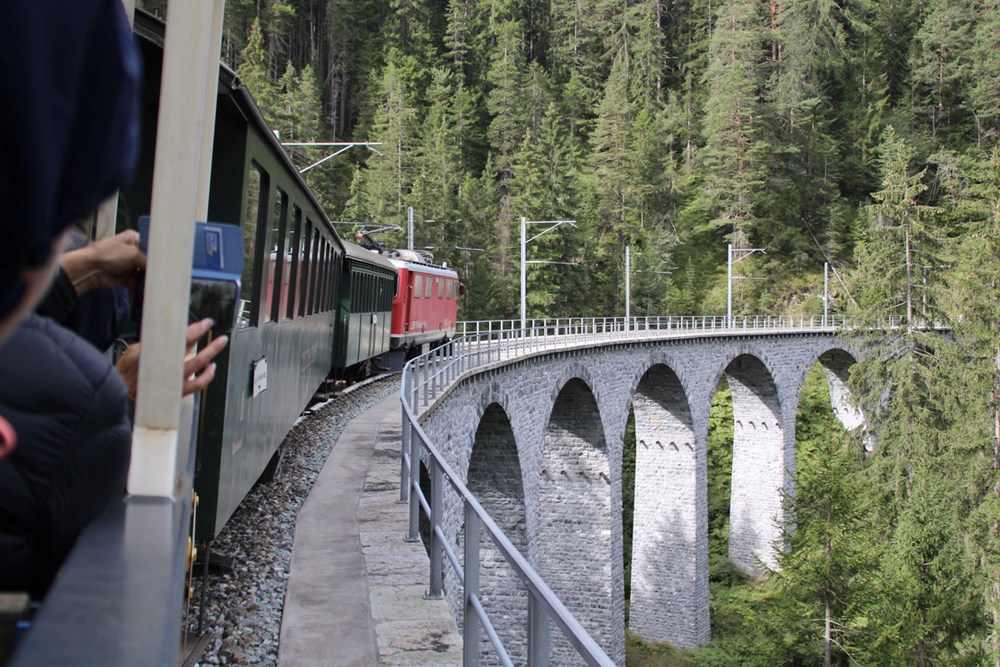




The stainless steel cars are virtuallt indestructable and should outlast bridges. The issues with older cars are ADA and FRA non-compliance, Metra was, or still is, refurbishing cars in the former “Rocket House,” installing wi-fi, power outlets, and new fixed seating. Components such as AC can be upgraded or replaced without buying the whole car.
Sorry, hit the wrong key, I was saying about how the Japanese maintain their commuter trains, after midnight each night all trainsets are in the shops broken down, parts repaired/replaced as needed from top to to
Type your comment here…
I was reading a story about how Japanese rail operators handle their commuter cars, with the exception of a few long-distance trains, every night all commuter trainset are taken into the shops, broken down, repaired
To echo Thomas’s comments: I’ve had the opportunity to interact with DJ in the past and I would say he is passionate about his passenger operations. Keep in mind BNSF has some level of “purchase of service” agreements with Metra (Chicago – BNSF Line), the Metropolitan Council (Twin Cities – NorthStar Line), and SoundTransit (Seattle-Tacoma – Sounder Service). Add to that responsibilities for coordinating with Amtrak and other rail transit agencies and I would say DJ stays pretty busy.
Charles Landley: Aren’t some of the bilevels marked BURLINGTON possibly dating from the 1950s? It seems to me that the first ‘Q’ gallery bilevels were delivered in the mid-1950s (1954 or 1955?).
Ed Clopton: Yes, the BNSF Railway has had a ‘VP of Passenger Operations’ for many years. DJ Mitchell has served in that capacity for over 20 years. I’ve met and worked with DJ, he is a very nice and knowledgeable official over at the BNSF Railway and is based in their Ft. Worth headquarters. He was one of the few BN Vice-Presidents to survive the BNSF post-merger ‘purge’ of ex-BN officials in 1996 /97
Is anyone else surprised to see that BNSF even has a VP of Passenger Operations in this day and age?
Why they had a on time-hot car issue this year more than other years points more to the maintenance shops in Aurora than any kind of investment problem. Metra just finished a comprehensive gallery car refurb project, including many of the Budd built cars BNSF uses.
They did have a resource problem in the overnight maintenance crews who act on the shop orders that come in in the evenings when the cars come back for storage.
One must remember that if a hot car is identified and it resides in the middle of the consist, that consist has to be broken up, the faulty car switched out of the yard and sent over to the shops. A replacement car, if available has to be pulled in or that consist will be short capacity and depending on the schedule, could cause overcrowding.
If you don’t have a large quantity of working spares (which appears to have been the case) and the overnight crews can’t repair them quick enough, you get late trains, overcrowded and hot cars. A bad mix.
If a fault is to be found, I would say BNSF waited too long to request for additional spares from Metra. I am sure those spares are not free, hence the reluctance to ask for them.
This isn’t the first time that the Metra board has had to kick some Class 1 booty to get them on the stick. UP had a terrible service meltdown for Metra back in the late 1990’s after they took over dispatching from Chicago & North Western. UP tried to to play “Class 1 ignorance” until Metra took it to the press. UP finally cried uncle and apologized to everyone in a press conference. The dispatching issues stopped immediately.
Didnt Metra have a car rehab program in progress since about 2014? Its in their website.
Routine scheduled maintenance, like in aviation appliances, components, gearboxes erc, will work, regardless of the cars age, Check, clean & inspect, if its broke, replace it. Now funding is another issue, mechanic shortage is another issue, laziness and pencil whipping an inspection is another issue.
This type of crisis happened on the LIRR. If the underfloor condensers are not regularly steam cleaned the head pressure at the compressor goes sky-high and the system shuts off the compressor. Thus no AC with an otherwise OK system. As the underfloor environment is really dirty, BNSF needs to get those condensors clean before summer hits every year.
Metra is funded by a nine county tax along with State funds. Cars and locomotives are being rebuilt on a regular basis, but are getting well worn. They are also be getting 21 used F59’s from the West Coast, they will be arriving after their replacements (Siemens SC-44’s) are delivered. And they also have a tender out for both new and rebuilt engines.
This is Chicago, where all available money goes the public employees’ pension funds and other vote-buying bennies. Railcar and loco manufacturers don’t vote or pay union dues in Chicago.
What about Metra’s lack of investment? Nobody should be operating 60+ year old equipment in daily service, yet BNSF somehow keeps it running. New locomotives and cars would surely help the situation.
A substantial portion of the fleet is marked BURLINGTON meaning the cars were from the 1960’s.